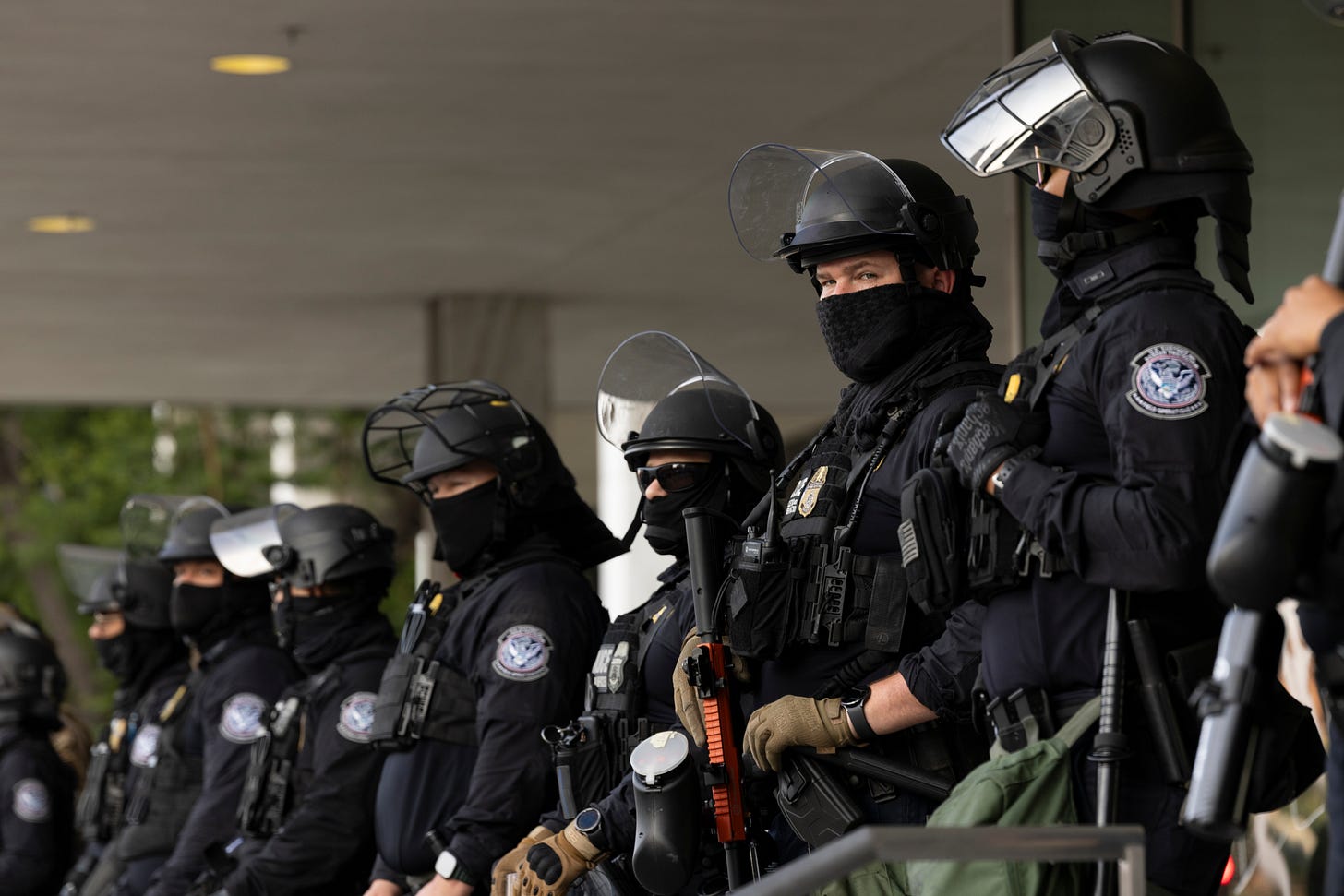Immigration and Customs Enforcement is preparing one of the largest expansions of its deportation force in recent history. The agency is offering recruitment incentives worth up to $50,000 in bonuses, along with student loan repayment programs, to attract and retain new deportation officers. The plan calls for the hiring of 10,000 additional officers, a…
Keep reading with a 7-day free trial
Subscribe to The Crustian Daily to keep reading this post and get 7 days of free access to the full post archives.



